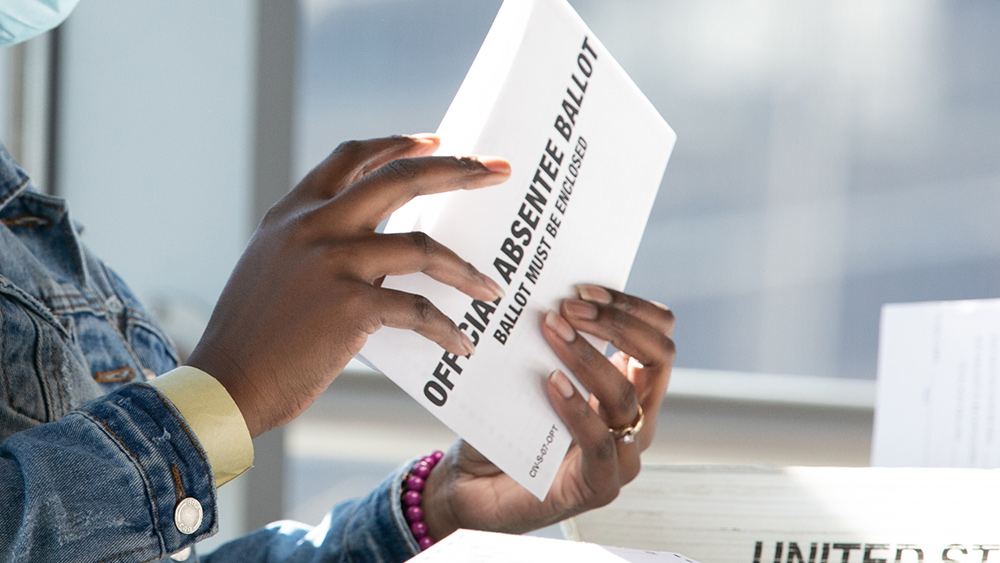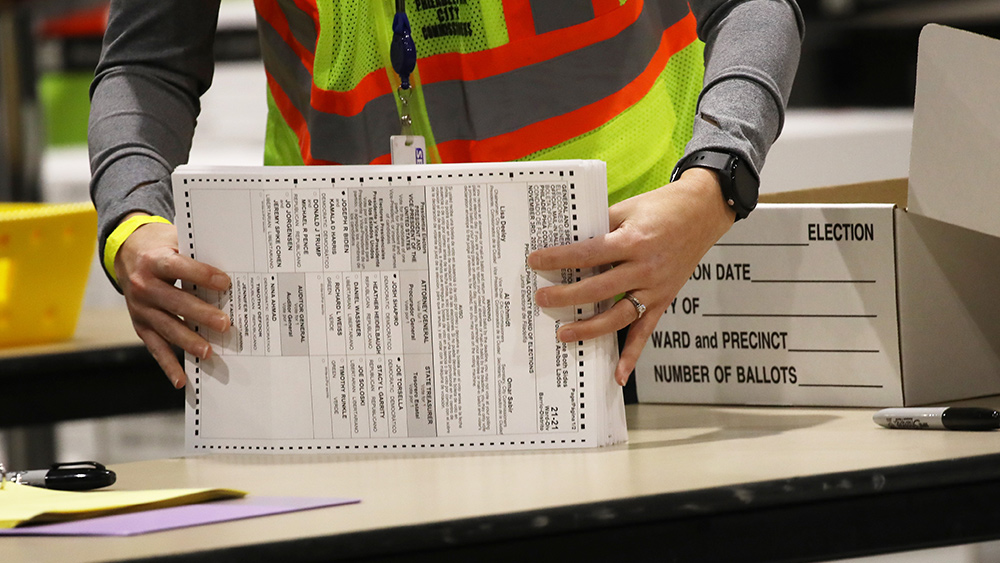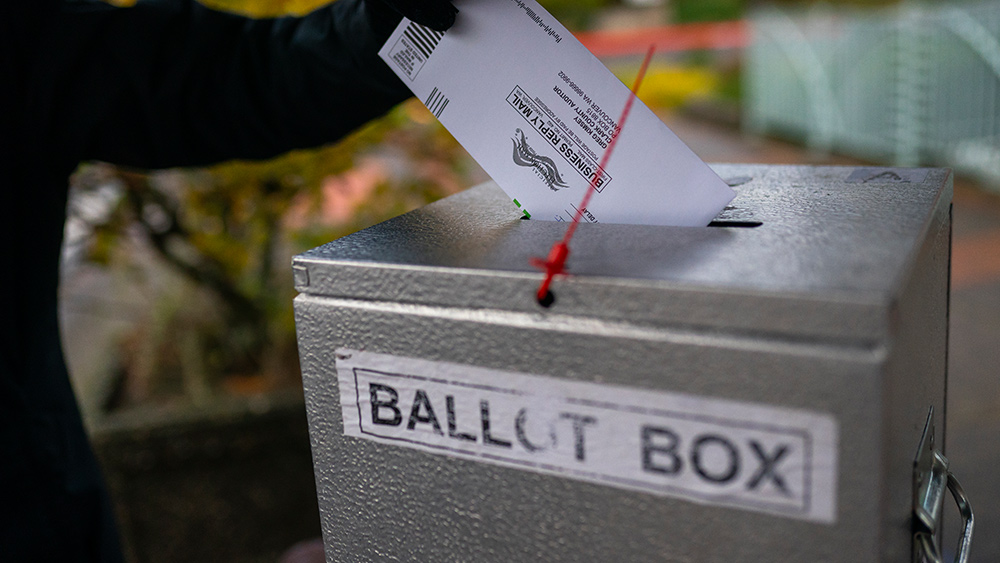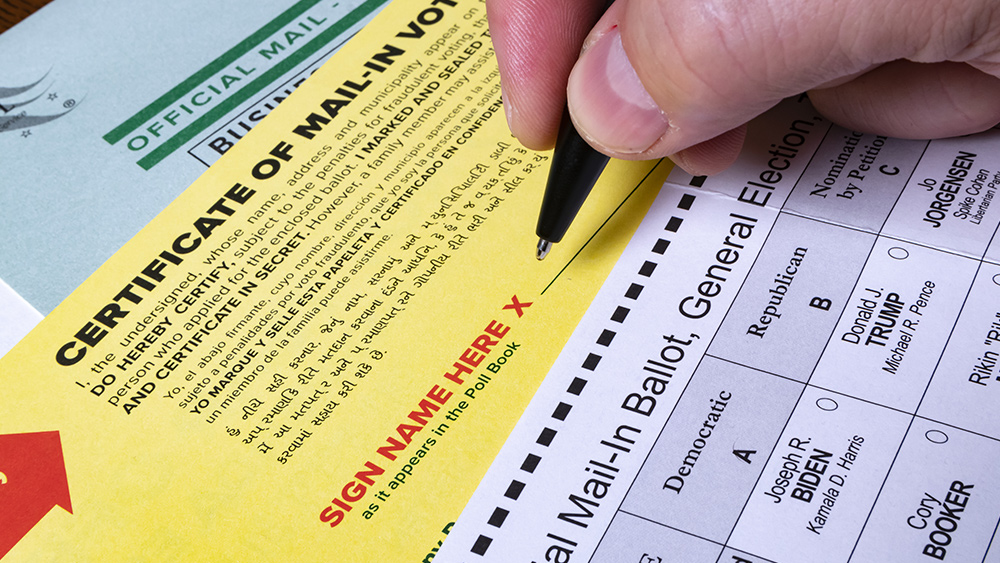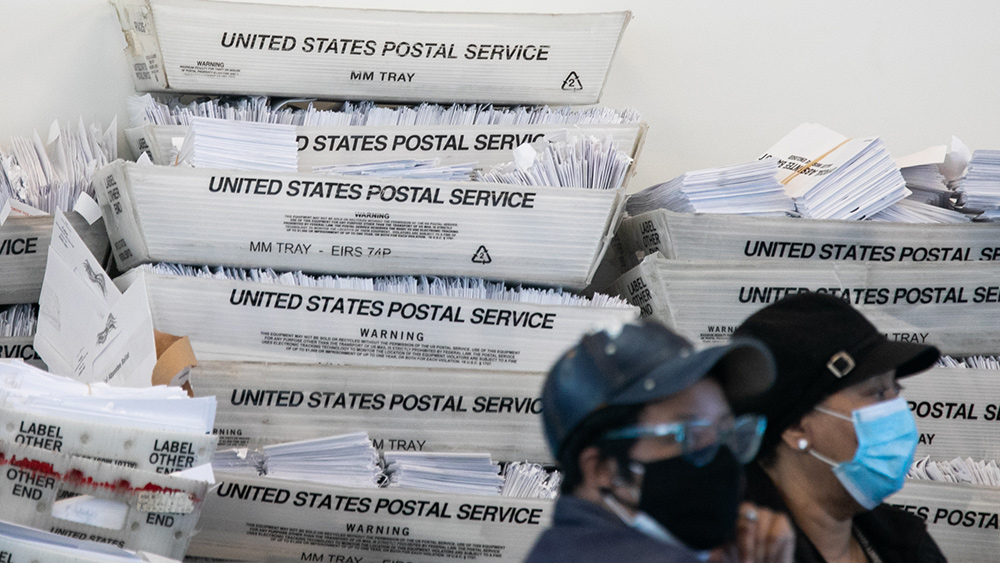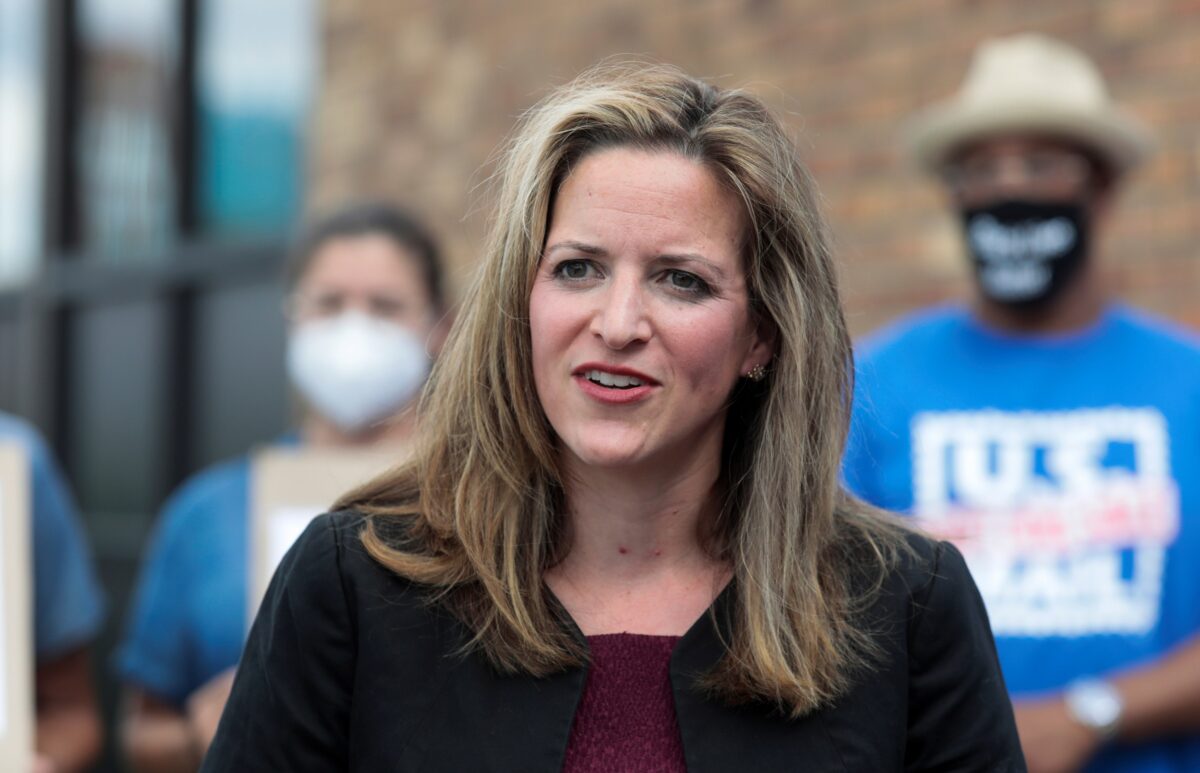
Texas Attorney General Ken Paxton defended a statistical analysis claiming that Democratic nominee Joe Biden's victory was "statistically impossible." Paxton stood by the analysis by economist Charles Cicchetti that said Biden had "less than one in a quadrillion" chance of winning in a clean election. The attorney general's defense of the claim on Dec. 11 followed his now-dismissed lawsuit against four battleground states.
According to the economist, it was statistically impossible for Biden to overcome President Donald Trump's leads in four battleground states on the night of the election based on a random population sample.
Paxton cited Cicchetti's analysis in his election lawsuit against the states of Pennsylvania, Wisconsin, Michigan and Georgia. The suit alleged that the four defendant states used the pandemic to push through changes to mail-in voting rules – in violation of the Constitution's Electors Clause mandating only state legislatures decide on election rules.
Paxton commented on the criticism against Cicchetti, saying that these consist "solely of ad hominem attacks." The attorney general further remarked that the economist's analysis showing Biden underperformed former Secretary of State Hillary Clinton in the U.S.'s 50 largest urban areas "reinforces the unusual statistical improbability of Biden's vote totals" in five urban areas in the defendant states.
Seventeen Republican states backed the Texas attorney general's lawsuit through a Dec. 9 amicus curiae brief. Arizona Attorney General Mark Brnovich later filed his own brief bolstering Paxton's complaint, while President Donald Trump himself sought permission to join the lawsuit against the four defendant states as a plaintiff.
However, the high court rejected the complaint filed by the Lone Star State for "lack of standing under Article III of the Constitution." The one-page U.S. Supreme Court decision ruled that Texas "has not demonstrated a judicially cognizable interest in the manner in which another state conducts its elections."
The defendant states slammed the now-dismissed election lawsuit filed by Paxton
The four battleground states mentioned as defendants equally slammed the suit as ridiculous through filings from their attorneys general. The Keystone State responded to the suit on Dec. 10, ridiculing the findings of Cicchetti as "nonsense" and "worthless."
Pennsylvania Attorney General Josh Shapiro concurred with the state's response, saying in a brief he filed on the same day that "Texas' allegations and Dr. Cicchetti's analysis are nonsense." He added that Paxton's lawsuit added to a "cacophony of bogus false claims" about the election. (Related: Professor in Texas lawsuit: Odds of Biden winning all four contested states 'less than one in a quadrillion to the fourth power'.)
The Democratic attorney general mentioned in the brief that Trump's frequent criticism of mail-in voting meant that absentee ballots favoring Biden would be "widely expected." He added that the media had been reporting the likelihood of a number of GOP states turning Democrat in a "blue shift" months before the Nov. 3 polls.
Meanwhile, Michigan Attorney General Dana Nessel wrote in her state's filing: "The challenge here is an unprecedented one, without factual foundation or a valid legal basis." She remarked during a Dec. 11 press call that Texas winning the suit would be "the end of democracy" in the U.S.
Wisconsin Attorney General Josh Kaul said that Trump already had obtained recounts in the state's two most heavily Democratic counties – with no problems in the results. He wrote in his state's filing: "There has been no indication of any fraud, or anything else that would call into question the reliability of the election results. (Related: Milwaukee neighborhoods report "unusually high" election turnout despite population drops.)
Georgia Attorney General Chris Carr, the only Republican in the group, said the Lone Star State could not show it has been harmed by the election results in other states. "The novel and far-reaching claims that Texas asserts, and the breath-taking remedies it seeks, are impossible to ground in legal principles and unmanageable," he wrote in his state's filing.
Visit VoteFraud.news to read more about lawsuits against widespread election fraud.
Sources include:
SupremeCourt.gov [PDF]
Please contact us for more information.















